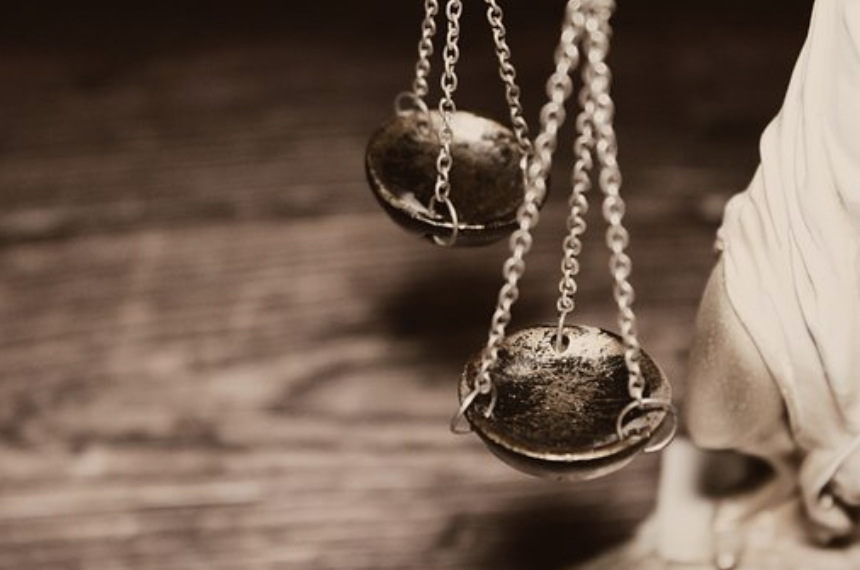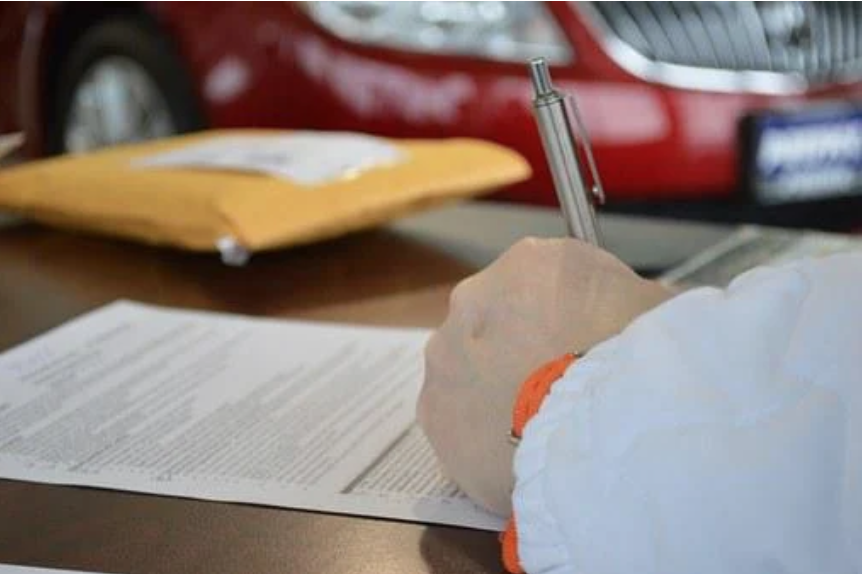When it comes to business-to-business payments, there is always a particular risk associated with the transaction. This is especially true if the payment is for a large sum. In some cases, disputes may arise between the parties involved in the transaction, resulting in a delay or even cancellation of the payment.

If you are a business owner embroiled in a payment dispute with another company, you must be aware of your legal rights and options. Here are some useful tips to help you navigate this tricky situation:
1. Consult With an Attorney
Business owners involved in a payment dispute with another company should consult with an attorney. An attorney from merchant law firm will be able to provide you with legal advice and guidance throughout the dispute resolution process. They will also be able to represent you in court, if necessary.
When hiring an attorney, ask about their experience with payment disputes. It would help if you also asked about their success rate in such cases. Find an attorney with experience working with businesses in your industry. This way, they will be more familiar with the unique issues that may arise in your case.
2. Understand the Terms of Your Payment Agreement
When you sign a contract to make a payment, both payee and payer are expected to adhere to the terms of that agreement. Unfortunately, not all payments go as planned, and disputes can often arise between the two parties involved. Businesses need to understand the terms of their payment agreements to mitigate any legal issues that may come about as a result of these payment disputes.

In particular, businesses should be familiar with:
- Who is responsible for making which payments;
- When those payments are due;
- What happens if one party fails to make a payment on time; and
- What remedies are available to either party in the event of a dispute.
By understanding these key terms, businesses can avoid costly legal battles down the road and resolve any payment disputes more efficiently.
3. Give Written Notice of the Dispute
If you are involved in a payment dispute, giving written notice to the other party as soon as possible is vital. This will let the other party know there is an issue and give them a chance to rectify the situation. In many cases, the payee will be happy to work with you to resolve the issue without involving the legal system.
However, you may need further legal action if the payee does not respond or refuses to work with you to resolve the dispute. But before you do so, ensure that you have given the payee ample opportunity to fix the problem. If you have repeatedly tried to contact the payee without success, you may need to consider taking legal action.
4. Give Written Notice of the Dispute to the Credit Reporting Agencies
If you are involved in a payment dispute, it’s vital to give the credit reporting agencies written notice as soon as possible. This will allow them to place a “notice of dispute” on your credit report. This notice will stay on your report for up to 90 days and potentially alert lenders that you are currently involved in a dispute.
The notice of the dispute will also allow you to explain your side of the story to potential lenders. As a result, this notice can help prevent any adverse consequences arising from the dispute, such as a lower credit score.
5. Consider Alternative Dispute Resolution Methods
You may need to consider alternative dispute resolution methods if you cannot resolve your payment dispute through negotiation or mediation. These methods include arbitration and litigation.
Arbitration is a type of Alternative Dispute Resolution (ADR) in which a neutral third party (the arbitrator) hears both sides of the case and makes a decision. This decision is binding on both parties.
Litigation is another type of ADR in which a judge or jury decides the case. This process can be costly and time-consuming, so it’s essential to consider your options before taking this route.
6. Keep Detailed Records of All Communications
While resolving a payment dispute, keeping detailed records of all communications is essential. This includes correspondence (emails, letters) and relevant documents (contracts, invoices).
Keeping detailed records will help you keep track of the progress of the dispute and will be helpful if you need to take further legal action. It’s also a good idea to keep a copy of all communications in case the other party tries to claim that they never received your notice of dispute.
Businesses must protect themselves when engaging in transactions where payments may be disputed. By taking some simple precautions and being aware of the legal process, businesses can minimize the risk of payment disputes becoming a costly and time-consuming headache.






